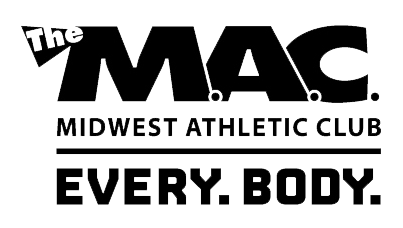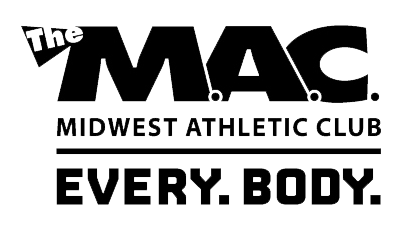In the world of fitness, supplements often emerge as a topic of interest and discussion. These products claim to enhance performance, aid in recovery, and support overall health and fitness goals. However, it is important to approach the use of supplements with caution and a clear understanding of their pros and cons. In this blog, we will explore the role of supplements in fitness, discussing their potential benefits and drawbacks. Additionally, we will highlight how the personal trainers at The M.A.C. can assist you in finding the right path to optimal health.
The Pros of Supplements in Fitness
Nutrient Support: Supplements can help fill in nutrient gaps in your diet. Certain vitamins, minerals, and essential nutrients may be challenging to obtain solely through food, especially for those with dietary restrictions or specific health conditions. Supplements can provide a convenient and effective way to ensure you are meeting your nutritional needs.
Performance Enhancement: Some supplements are designed to enhance athletic performance. Pre-workout supplements, for example, may contain ingredients that increase energy, improve focus, and delay fatigue, allowing for more intense and prolonged workouts. Creatine, a popular supplement, has been shown to enhance strength and power output in resistance training.
Recovery Aid: Supplements can play a role in post-workout recovery by promoting muscle repair and reducing inflammation. Protein powders, for instance, are commonly used to support muscle recovery and growth. Branched-chain amino acids (BCAAs) are another supplement that may aid in reducing exercise-induced muscle damage and promoting recovery.
The Cons of Supplements in Fitness
Lack of Regulation: The supplement industry is not as strictly regulated as the pharmaceutical industry. This lack of regulation means that the quality, safety, and efficacy of supplements can vary greatly. It is crucial to research brands, look for third-party testing certifications, and consult with healthcare professionals before incorporating supplements into your routine.
Potential Side Effects: While many supplements are generally safe when used as directed, some may have potential side effects or interactions with medications. It is important to be aware of the potential risks associated with specific supplements and consult with a healthcare professional, especially if you have pre-existing medical conditions or take medications.
Focus on Whole Foods: While supplements can be beneficial in certain situations, it is essential to prioritize a balanced diet composed of whole, nutrient-dense foods. Whole foods provide a wide array of vitamins, minerals, fiber, and other beneficial compounds that work synergistically to support overall health and well-being.
Personal Trainers at The M.A.C.: Guiding Your Health Path
Individual Assessment: The personal trainers at The M.A.C. understand that everyone has unique needs and goals. They conduct individual assessments to understand your specific health status, fitness level, and lifestyle factors, helping to determine if and which supplements may be appropriate for you.
Education and Guidance: The M.A.C. personal trainers provide education and guidance on supplements, ensuring you have a clear understanding of their potential benefits and limitations. They can help you navigate the overwhelming supplement market and recommend reputable brands or alternatives to meet your specific needs.
Holistic Approach: The M.A.C. personal trainers take a holistic approach to health and wellness. They emphasize the importance of a well-rounded fitness routine, proper nutrition, and overall lifestyle factors that contribute to optimal health. They can help you focus on foundational elements like balanced eating habits before considering supplements.


